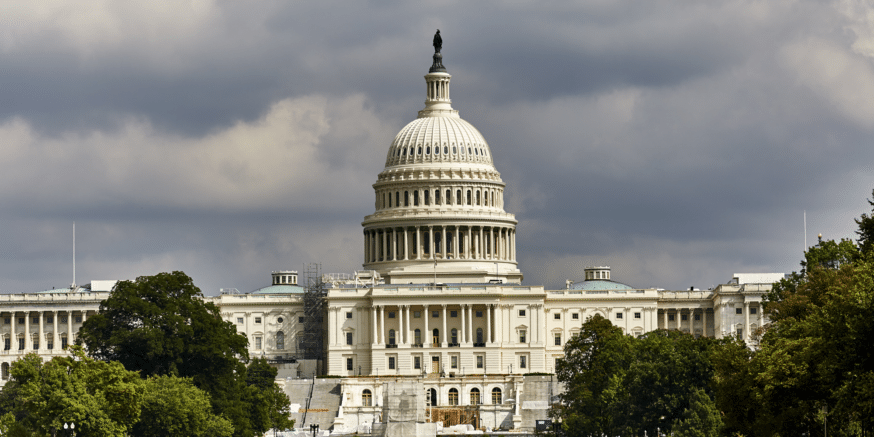U.S. Senate Starts Work on Its Own Variation of the Clearness Act
The U.S. Senate has begun drafting its variation of the CLARITY Act to regulate cryptocurrency markets. The Senate Banking Subcommittee will hold a hearing on the CLARITY Act on June 24 to begin formal discussions.
The bill will focus on defining digital assets and creating a framework for market oversight and investor protection. The Senate version of the CLARITY Act will differ from the House proposals currently under review. Lawmakers anticipate the discussion draft of the CLARITY Act to be released in the coming weeks.
The U.S. Senate has started preparing its version of the CLARITY Act to manage cryptocurrency markets. The bill aims to establish guidelines for categorizing digital assets and improve transparency and investor security. The Senate Banking Subcommittee will address the bill in a hearing scheduled for June 24. Senators are focusing on building a thorough market structure for cryptocurrencies and digital assets. While the House has presented several proposals, the Senate version will vary in key regulatory areas. It is expected to include new frameworks for oversight and compliance.
This move signals growing momentum for clear digital asset policy in Congress. Legislators aim to eliminate uncertainty for businesses while ensuring adequate consumer safeguards. The upcoming hearing will help shape the Senate’s approach before releasing the discussion draft.
CLARITY Act to Define Digital Property Rules
The CLARITY Act will introduce specific definitions and categories for various types of digital assets and propose frameworks for disclosure, registration, and market conduct. These elements are designed to support orderly and fair operations across crypto platforms.
Senate staff have been meeting with regulators and market stakeholders to finalize arrangements for the discussion draft. The committee is working on closing gaps in existing federal oversight of digital assets, including addressing risks from noncompliant exchanges and unregistered offerings.
Senator Tim Scott has expressed support for advancing a full committee hearing by next month. The committee intends to allow public and expert input on the bill’s contents. This process is expected to guide the final language of the legislation.
GENIUS Act Advances Stablecoin Regulation
The Senate recently passed the GENIUS Act, which establishes rules for the stablecoin market. The bill requires stablecoin providers to maintain proper reserves and submit to federal oversight. It passed with 68-30 votes and now moves to the House.
Proponents argue that stablecoin regulation is necessary to safeguard financial stability and build trust in digital payment systems. The GENIUS Act sets minimum reserve standards and outlines eligibility requirements for companies. It emphasizes operational transparency and consumer protections.
Critics have raised concerns about gaps in the bill’s coverage of broader crypto market risks. Some lawmakers insist that stablecoin regulations and full crypto market regulation should proceed together. They argue that without both acts, the regulatory framework will remain incomplete.
The U.S. Senate has begun preparing its version of the CLARITY Act to regulate cryptocurrency markets. The upcoming hearing will help shape the Senate’s approach before releasing the discussion draft.
The CLARITY Act will introduce specific definitions and categories for various types of digital assets and propose frameworks for registration, disclosure, and market conduct. They state that without both acts, the regulatory framework will remain incomplete.
The U.S. Senate Starts Work on Its Own Version of the Clearness Act appeared first on CoinCentral.


